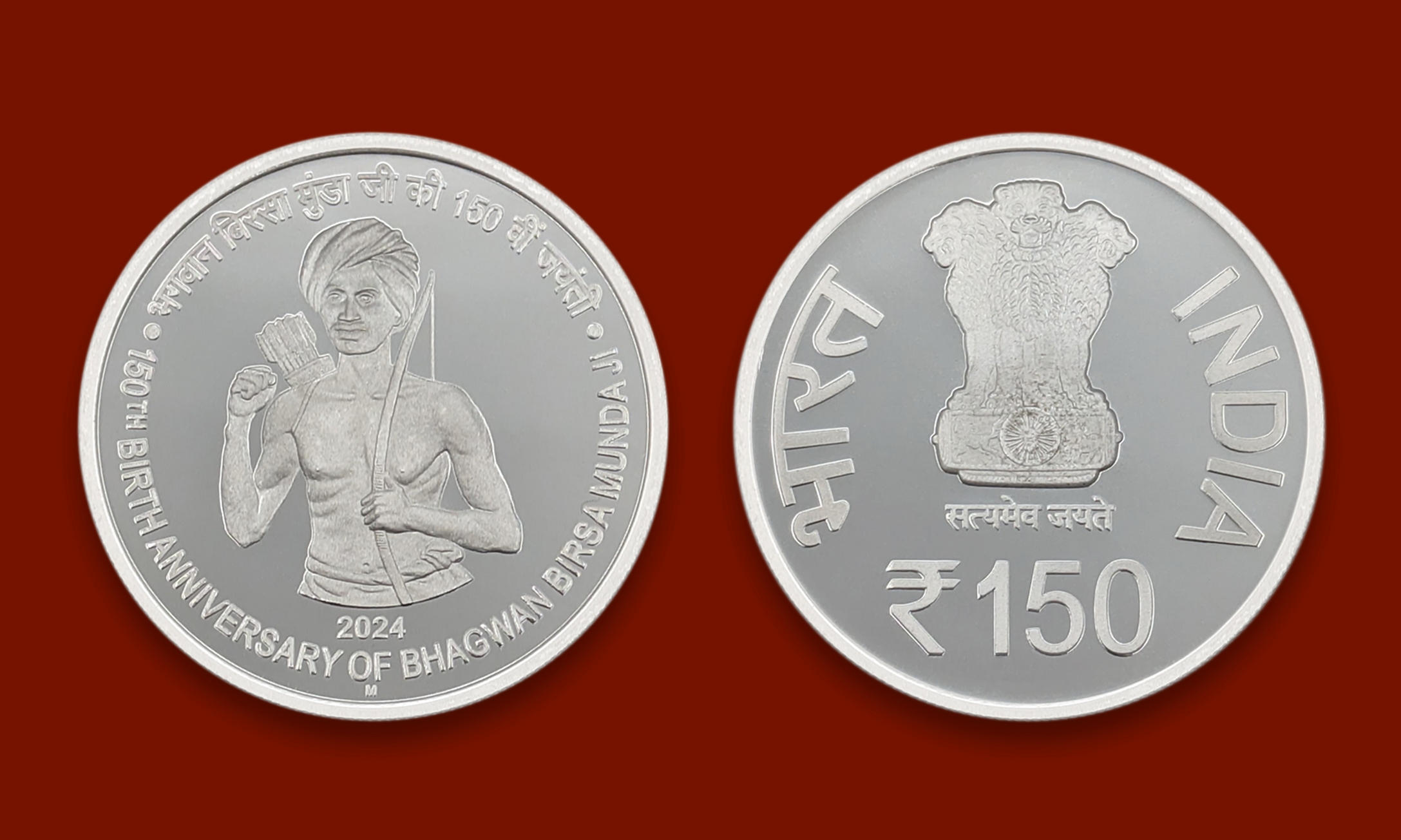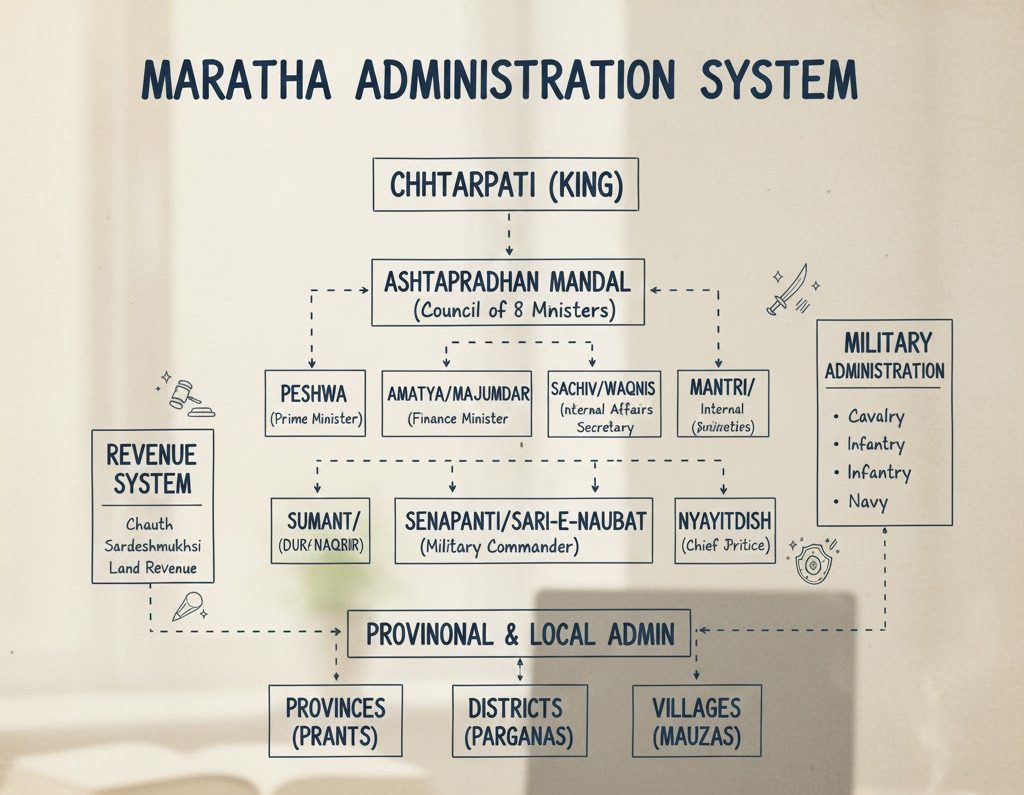Birsa Munda: Life, Legacy, Tribal Uprising & 150th Birth Anniversary 2025
Learn about Birsa Munda—freedom fighter, social reformer, and leader of the Ulugulan revolt. Explore his life, teachings, role in tribal uprisings, and the significance of Tribal Pride Day and Tribal Pride Year 2025.
Birsa Munda Biography: Early Life, Tribal Uprising, Legacy & 2025 Celebrations
The year 2025 marks the 150th birth anniversary of Birsa Munda, one of the most influential tribal leaders in India’s freedom movement. Revered as ‘Dharti Aaba’ (Father of the Earth), his life and legacy hold immense significance for India’s tribal communities and the nation at large. In recognition of his contribution, the government has declared November 15 as “Tribal Pride Day” and the year 2025 as “Tribal Pride Year”, underscoring his enduring impact on social justice, indigenous rights, and anti-colonial resistance.

Who Was Birsa Munda?
Birsa Munda was a freedom fighter, religious reformer, and social visionary belonging to the Munda tribe, one of the prominent Adivasi communities of eastern India. Born on November 15, 1875, in Ulihatu village in present-day Jharkhand, Birsa grew up witnessing the harmful effects of British colonial land policies and missionary activities that sought to alter tribal culture, livelihoods, and religious beliefs.
Although he received formal education for a brief period at a German missionary school, it exposed him to colonial injustices and the socio-cultural disruptions caused by external forces. This education also sharpened his understanding of political oppression, enabling him to articulate the grievances of the tribal communities more effectively.
Birsa emerged as a messianic figure, inspiring people through his teachings that combined spiritual revival, social reform, and resistance against oppression. He preached against superstitions, alcoholism, internal divisions, and social stagnation, encouraging the Mundas and other tribal groups to return to their ancestral values rooted in harmony with nature. His message was clear: reclaim self-respect, preserve tribal identity, and defend traditional land rights.
His vision extended beyond resistance; it was a blueprint for empowerment, emphasising unity, moral discipline, and environmental stewardship—qualities that cemented his legacy as a spiritual and political icon.
Birsa Munda and the Tribal Uprising
Birsa Munda became the leading force behind one of the most powerful tribal revolts against British rule—the Ulugulan, meaning “The Great Tumult”, which took place between 1899 and 1900. His movement was a direct response to the deepening crisis faced by tribal communities due to:
1. Land Alienation
Traditional Munda society followed the Khuntkatti system, where land was communally owned by clans. British land settlements, zamindari practices, and the entry of outsiders—dikus—gradually alienated tribal families from their ancestral lands, threatening their cultural and economic survival.
2. Exploitation by Colonial Agents
A complex network of money-lenders, landlords, forest officials, and missionaries subjected tribal people to forced labour (beth begari), illegal land grabs, debt traps, and cultural erosion. This dismantled self-sufficient tribal systems and created widespread resentment.
3. Resistance Through Leadership
Birsa Munda’s famous words—“This earth is our mother; no one can take it away from us”—became the philosophical foundation of the uprising. Under his leadership, thousands of Munda warriors, armed primarily with traditional weapons, launched attacks on:
-
British police stations
-
Administrative outposts
-
Missionary institutions
-
Symbols of colonial authority
The movement spread across Singhbhum, Khunti, Tamar, and Bandgaon, uniting diverse tribal groups under a single cause. Although Birsa was arrested, and the revolt was suppressed, his martyrdom in 1900, at just 25 years of age, transformed him into a symbol of indigenous resilience.
Legacy and Impact
Birsa Munda’s struggle compelled the British to introduce landmark legislation such as the Chotanagpur Tenancy Act, 1908, which provided legal protection to tribal land rights and restricted the transfer of tribal lands to outsiders. His movement revitalised tribal identity, sowed the seeds of political awakening, and strengthened the broader freedom struggle.
Today, Birsa Munda is remembered as a warrior, reformer, environmentalist, and national hero, whose legacy continues to inspire movements for tribal rights, social justice, and ecological preservation.
Subscribe to our Youtube Channel for more Valuable Content – TheStudyias
Download the App to Subscribe to our Courses – Thestudyias
The Source’s Authority and Ownership of the Article is Claimed By THE STUDY IAS BY MANIKANT SINGH





